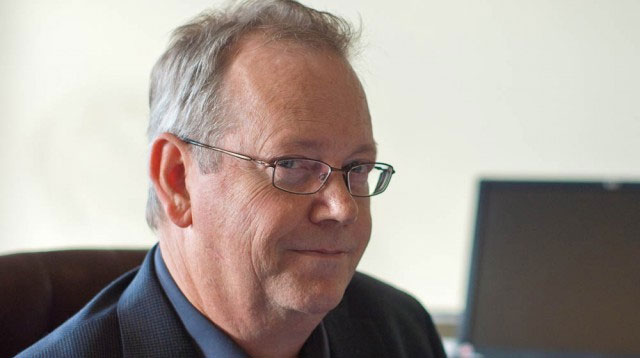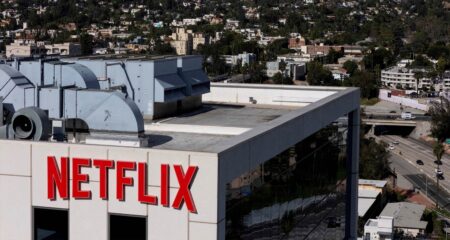
South Africa’s highly concentrated television broadcasting industry, which has one dominant subscription operator in MultiChoice, will be a key focus area of Icasa’s high-level inquiry into the state of competition in the information and communications technology (ICT) sector.
The communications regulator provided details of the inquiry at a press conference on Thursday, at which one of its councillors, William Currie, outlined its background. Icasa intends using the inquiry to focus on everything from the allocation of radio frequency spectrum to competition in the postal services sector.
In a notice that will be published this week in the Government Gazette, Icasa has outlined some of the areas it intends probing as part of its inquiry. They include network neutrality, a contentious issue that has become the subject of heated debate in the US in recent months.
In South Africa’s broadcasting sector, there are a range of “competitive or anticompetitive dynamics” at play, says Currie. “Foremost in our mind is the fate of TopTV.”
On Digital Media (ODM), which owns StarSat — as TopTV is now known — is in business rescue after failing to challenge market incumbent MultiChoice, which owns DStv. ODM was the only one of five companies licensed to provide subscription television services in competition with MultiChoice that actually got off the ground.
“Questions have been posed to us about why this happened,” says Currie. “The finger is being pointed at Icasa: ‘You licensed a whole bunch of subscription TV services and only one has launched and is in business rescue,’” he says, adding that Icasa wants to understand what happened.
“For example, there was this initiative by … Telkom to try to develop the Telkom Media subscription [service]. That did not succeed, but we’ve never really understood why.”
In the commercial radio sector, Icasa is “aware that many broadcasters have been looking at forms of consolidation in which they take minority shares across a range of stations, presumably to build economies of scale, but we have never interrogated that directly”, Currie adds.
Other areas of the broadcasting sector will be probed, including whether subscription television companies should be allowed to accept advertising in competition with free-to-air rivals.
Icasa also wants to understand the implications of convergence and so-called “over-the-top” services such as streaming video providers Netflix and Hulu in broadcasting and voice-over-Internet protocol providers in telecommunications.
Currie says the inquiry is meant to find ways of promoting competition in the ICT sector. He says it is not an Electronic Communications Act “chapter 10” inquiry into competition in specific market segments, but rather an over-arching inquiry that could lead later to chapter 10 investigations.
He says the inquiry has become necessary because it’s “questionable” whether a profusion of network and service licences, which occurred after technology group Altech won a high-profile court battle with the minister of communications in 2008, has led to greater competition.
“There are views on this among stakeholders that have to do with the role of spectrum availability … as a competitive lever to increase competition,” says Currie. “Many of the smaller players have in the past said this is a problem. We have seen a major shift towards mobile data, and in the media we have noticed concern that we are not paying enough attention to mobile data and that perhaps this is an element we need to take more seriously.”
Icasa says it is concerned about market consolidation. Telkom recently signed a heads of agreement with MTN in terms of which it intends outsourcing the management and development of its mobile radio access network. Vodacom, meanwhile, is believed to be on the verge of announcing details of an offer to buy Neotel.
Currie says Icasa doesn’t know yet whether the inquiry will have any bearing on those proposed transactions. “We have not received any formal representations on these matters,” he says. “We will have to assess the matter when we do receive something formal, on whatever application or approval may be sought.”
Icasa hopes to complete the inquiry within the next eight months. To begin, it will seek written representations from stakeholders. This will be followed by public hearings, leading eventually to a draft position paper. This will then be subject to a further public comment process. — (c) 2014 NewsCentral Media




